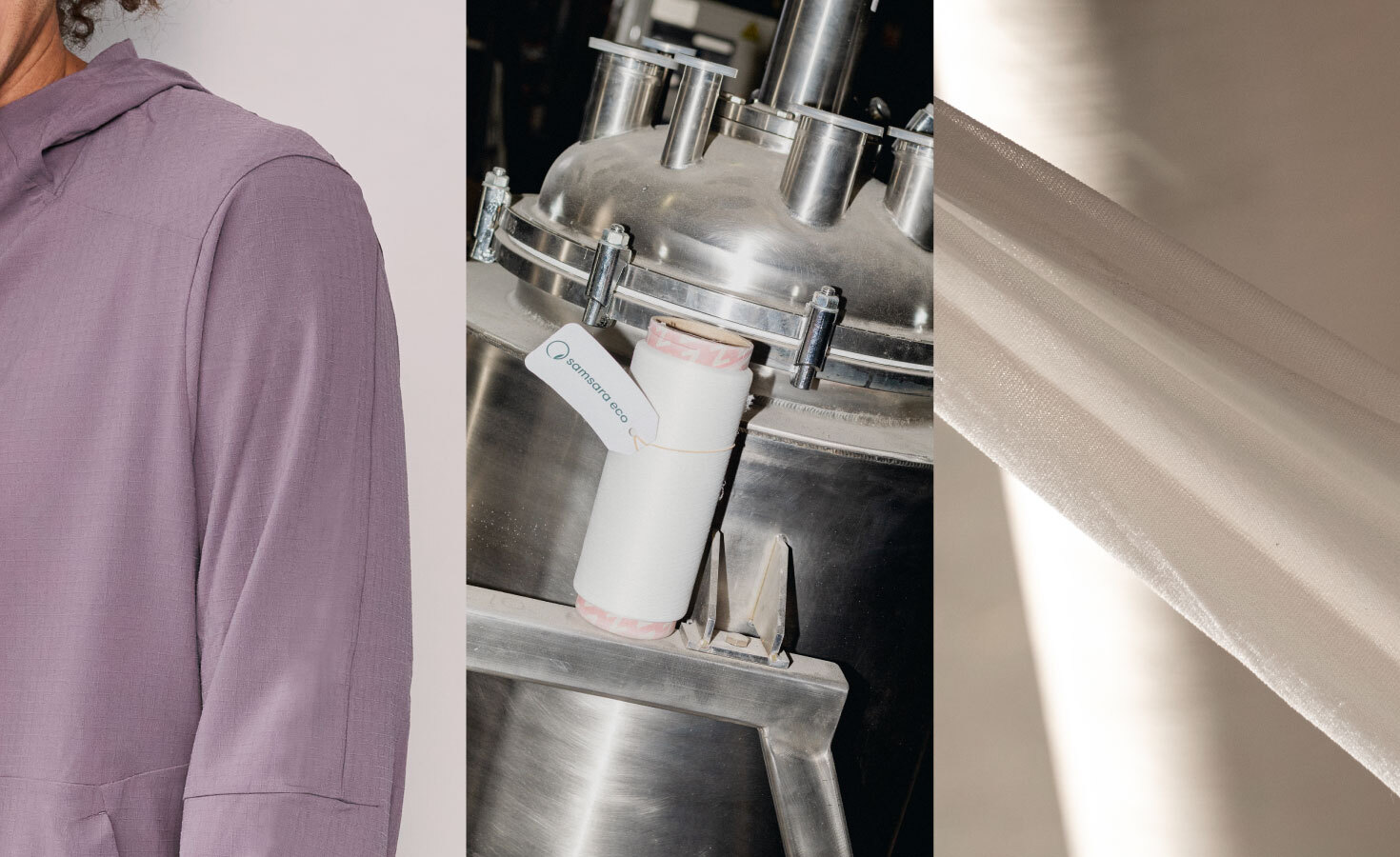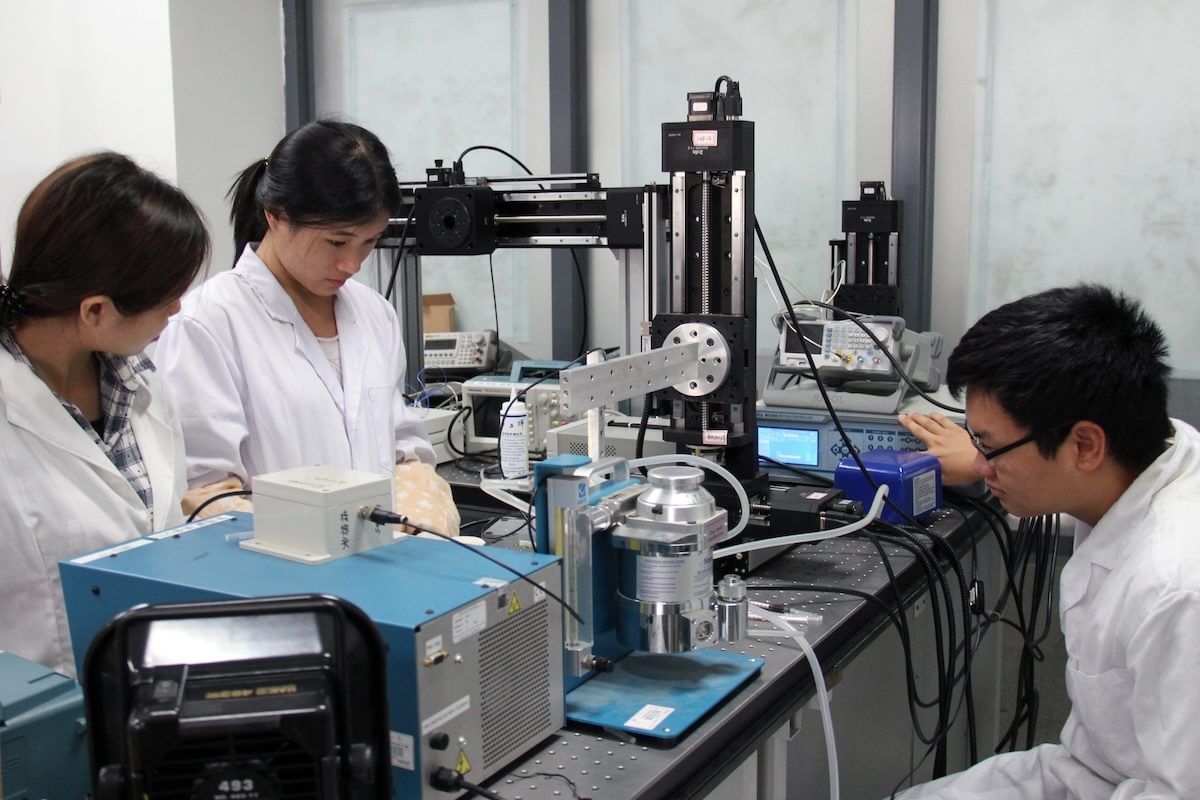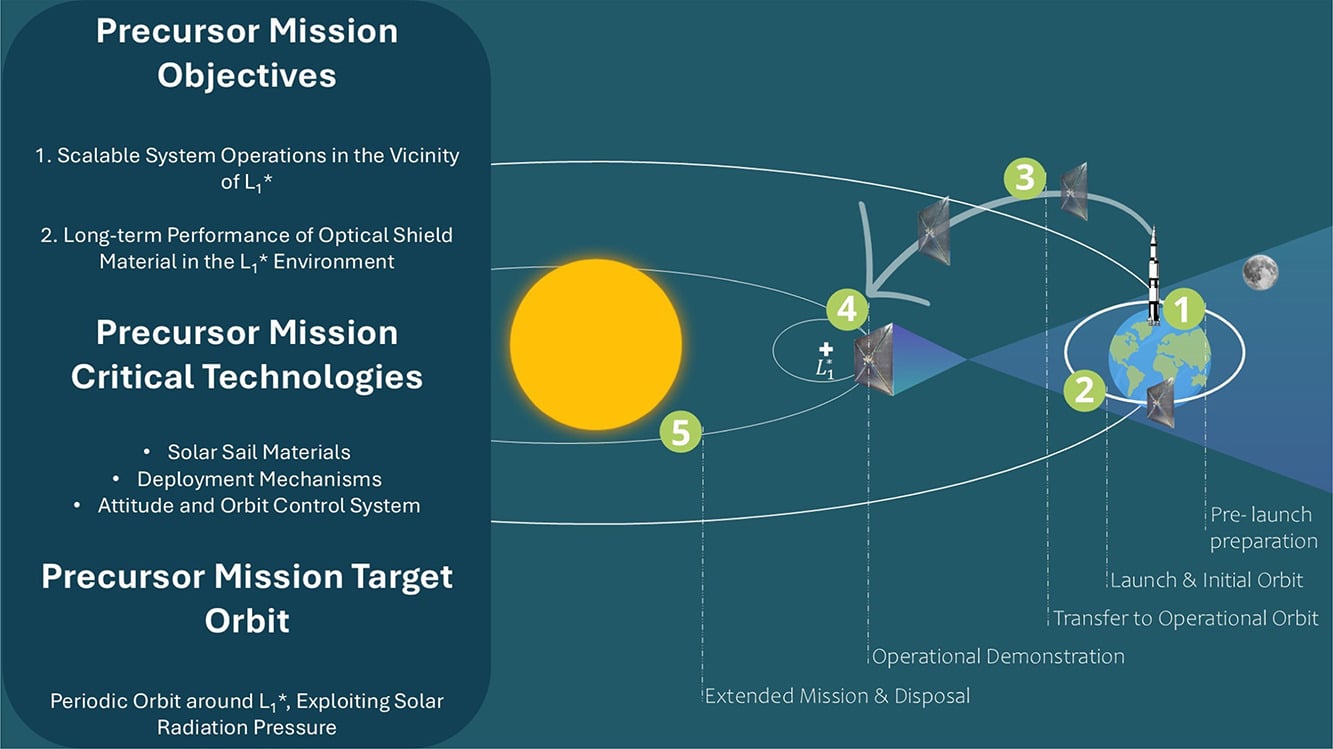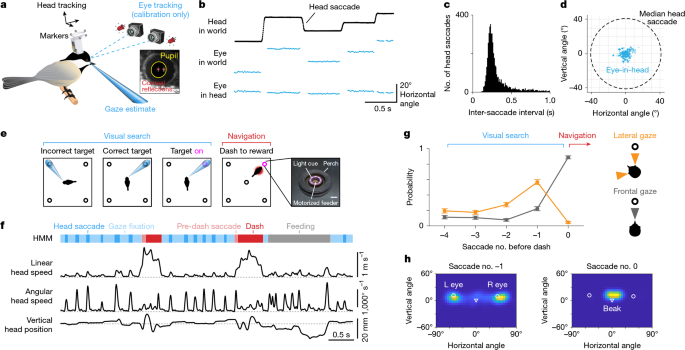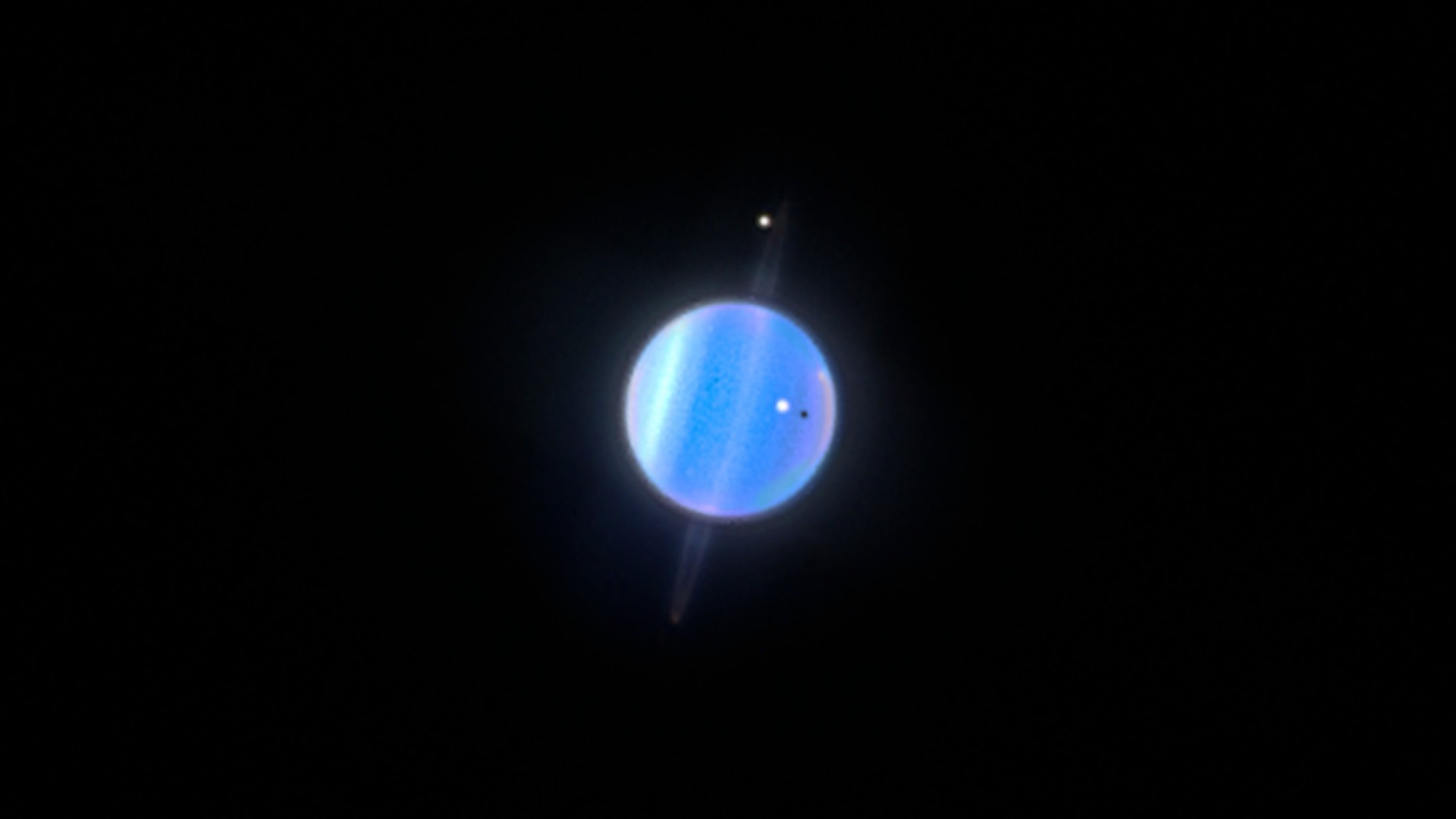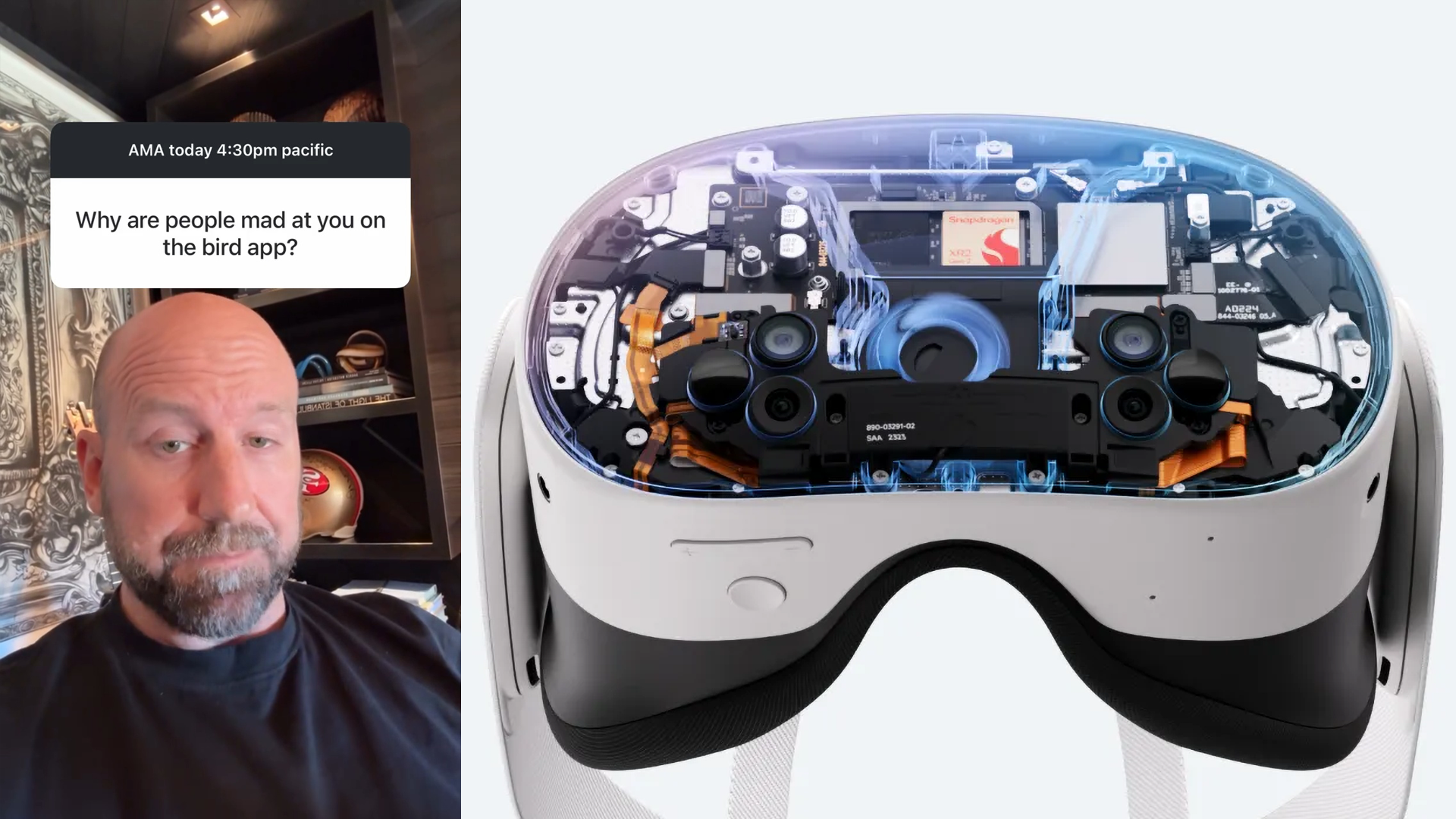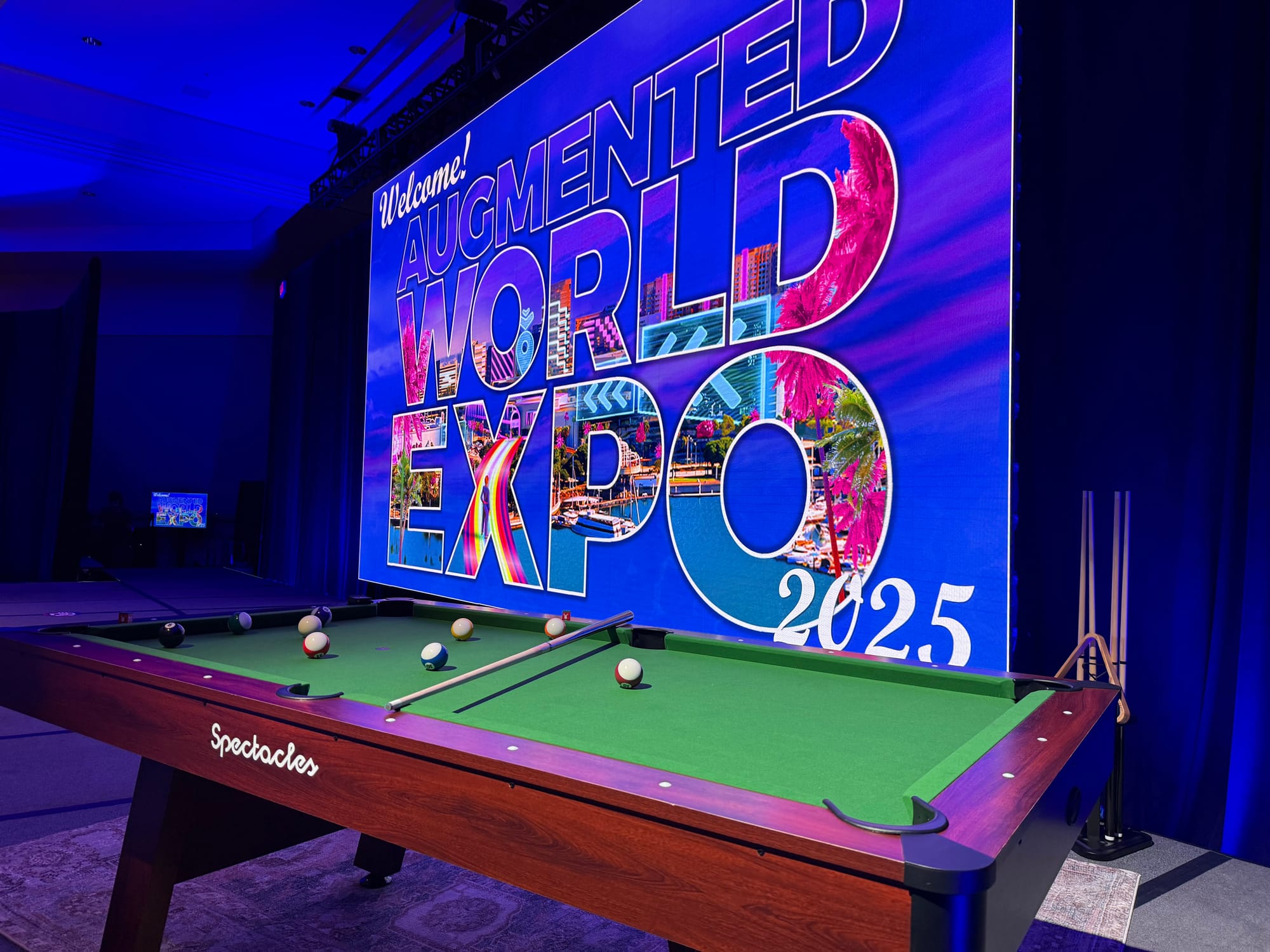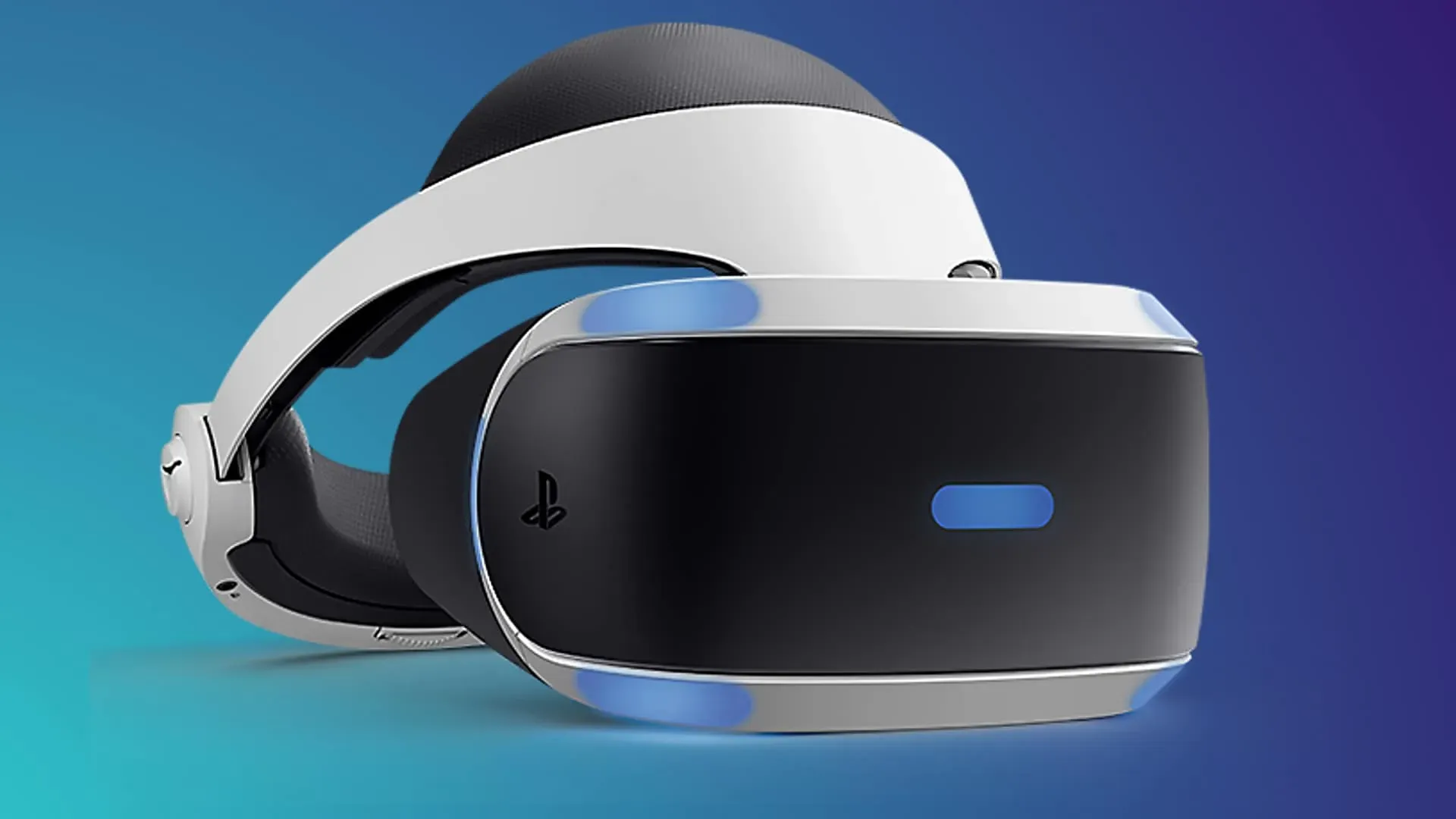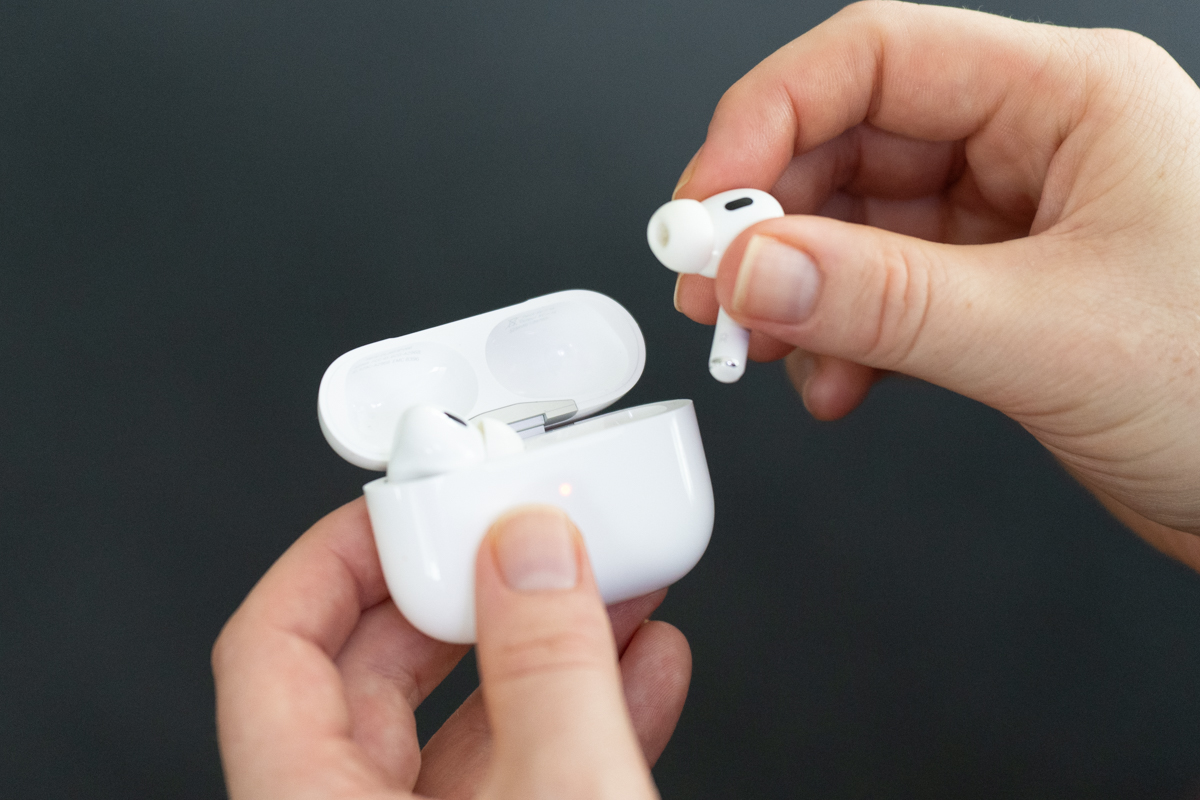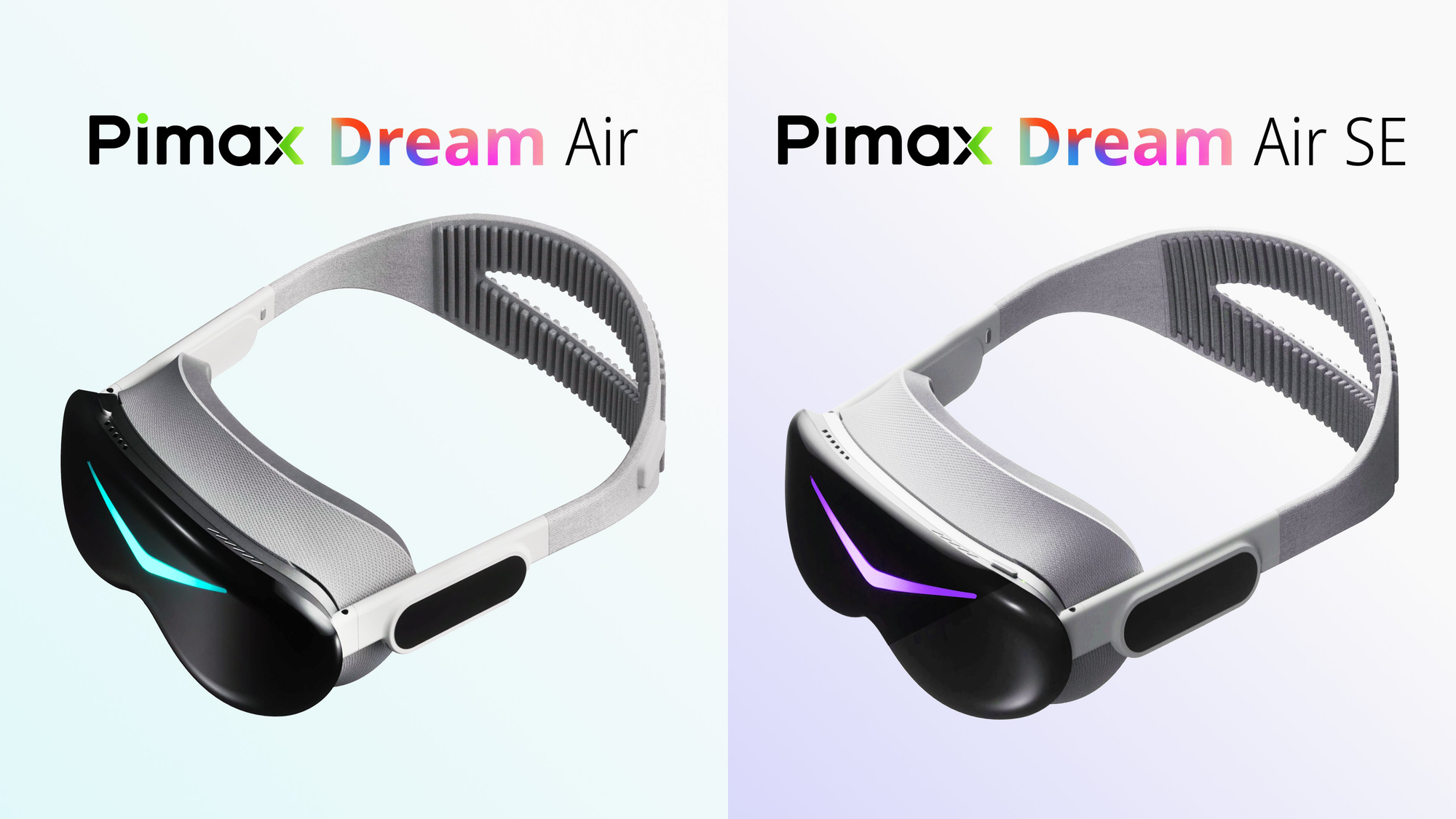Snap Says It Will Launch Consumer AR Glasses, Called Specs, In 2026
BREAKING: the company behind Snapchat says it will launch fully standalone consumer AR glasses, called Specs, in 2026.


The company behind Snapchat says it will launch fully standalone consumer AR glasses, called Specs, in 2026.
At Augmented World Expo 2025 just now, Snap CEO Evan Spiegel described the coming Specs as "an ultra-powerful wearable computer integrated into a lightweight pair of glasses with see-through lenses", and revealed that the company has spent $3 billion so far developing them.
Snap has a long history in the smart glasses space. The company publicly sold three generations of non-AR camera glasses between 2016 and 2019, years before the Ray-Ban Meta glasses, and in recent years has released two AR glasses development kits. These devices so far have been called Spectacles, and the move to Specs reflects Snap's intention to finally ship an AR product.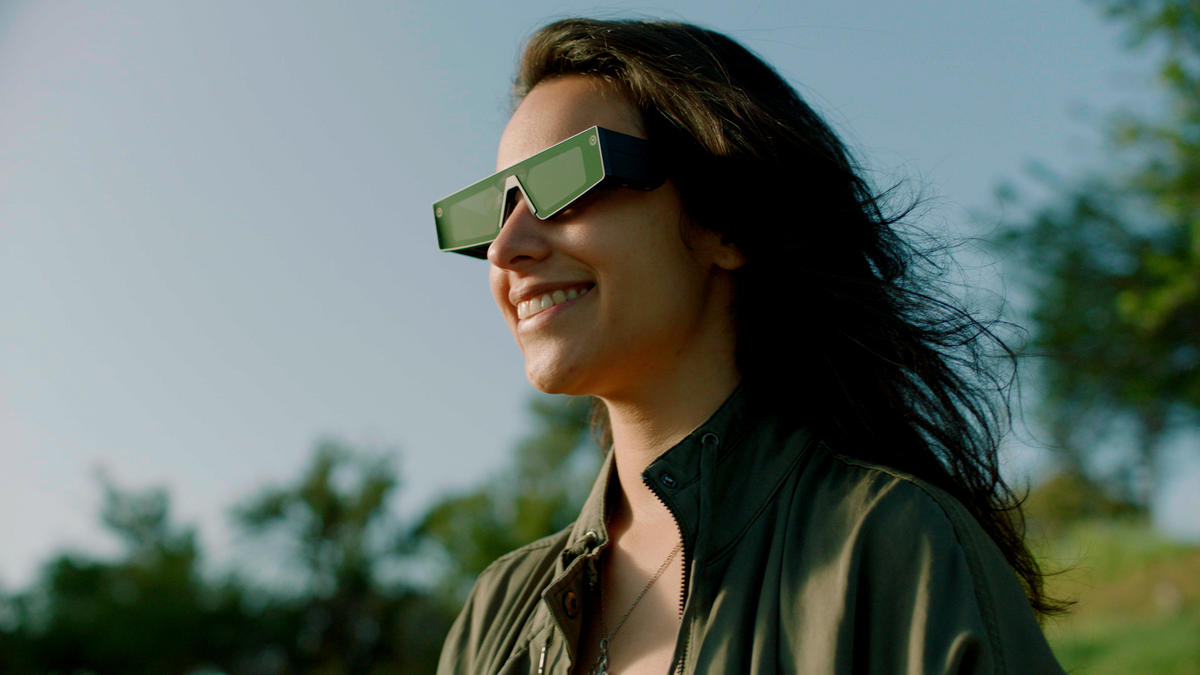
The first AR Spectacles development kit, made available to select developers from 2021, had a tiny 26-degree field of view, 30 minute battery life, and weighed 134 grams. The second generation AR Spectacles dev kit released in September for any interested developers to rent for $100/month, boosting the field of view to 46 degrees and the battery life to 45 minutes, but also increasing the weight to 226 grams and introducing a bulkier design that pushes the limits of what can be described as a true glasses form factor.
Both AR Spectacles development kits feature hand tracking and run Snap OS, a lightweight custom OS built specifically for AR that runs apps called 'Lenses', developed using Snap's Lens Studio software for Windows and macOS.
Compared to the current development kit, Spiegel claims the Specs releasing as a product in 2026 will have "a much smaller form factor, at a fraction of the weight, with a ton more capability", while running all the same Lenses developed so far.
"No bulky headset, no puck, no tether, no phone required", Spiegel boasted, referring to the current development kit, and Snap confirmed to UploadVR that this will be the case for Specs too.
If Snap meets its timeline, it could be the first major tech company to launch true AR glasses. Many reports suggest Meta plans to ship its first AR glasses in 2027, and Bloomberg's Mark Gurman has reported that Apple won't launch AR glasses until 2028 at the earliest.
Snap's strategy of building a fully standalone device is also notable. Meta's Orion prototype used a wireless compute puck, and the company has indicated that its 2027 product will too. Similarly, Apple is widely expected to leverage your iPhone's compute for its eventual AR glasses, though this is far from confirmed.
Trying to pack all of the computing hardware for true AR into a "lightweight pair of glasses" so soon will be a significant engineering challenge for Snap, and we'll be very curious to see how this turns out, as well as how long the battery lasts.














